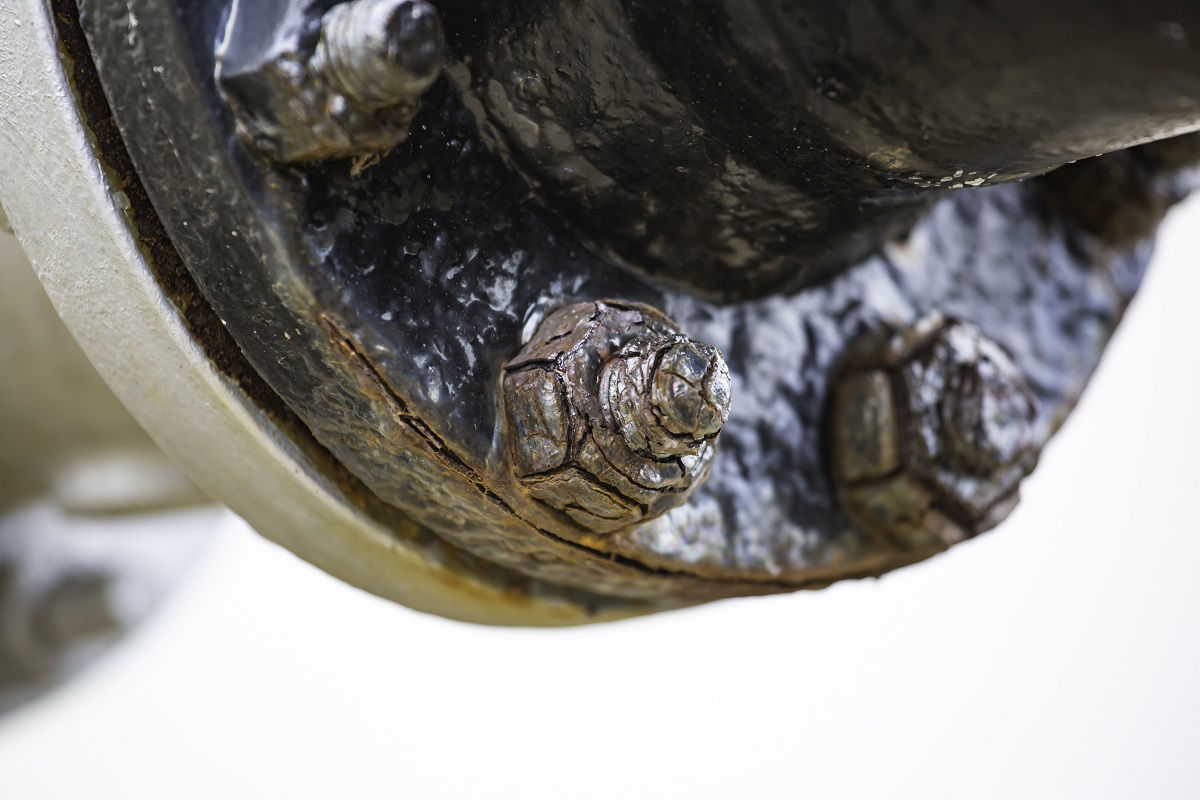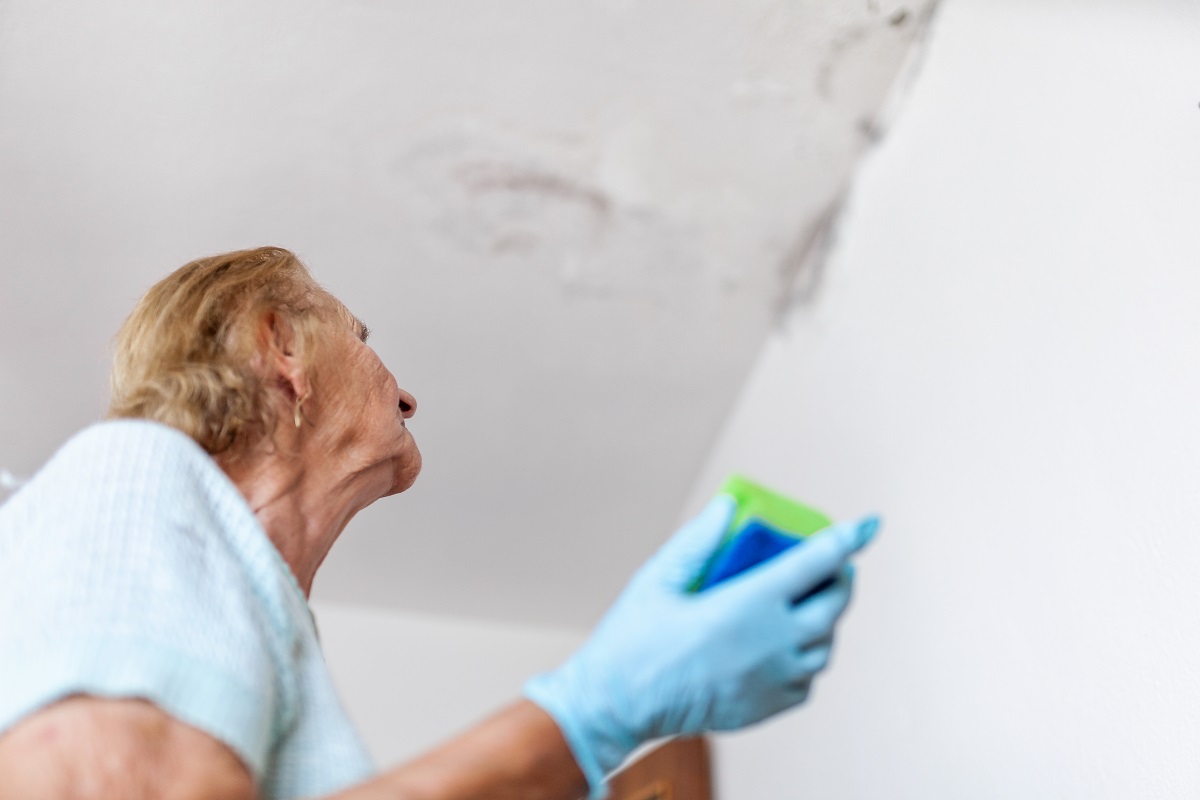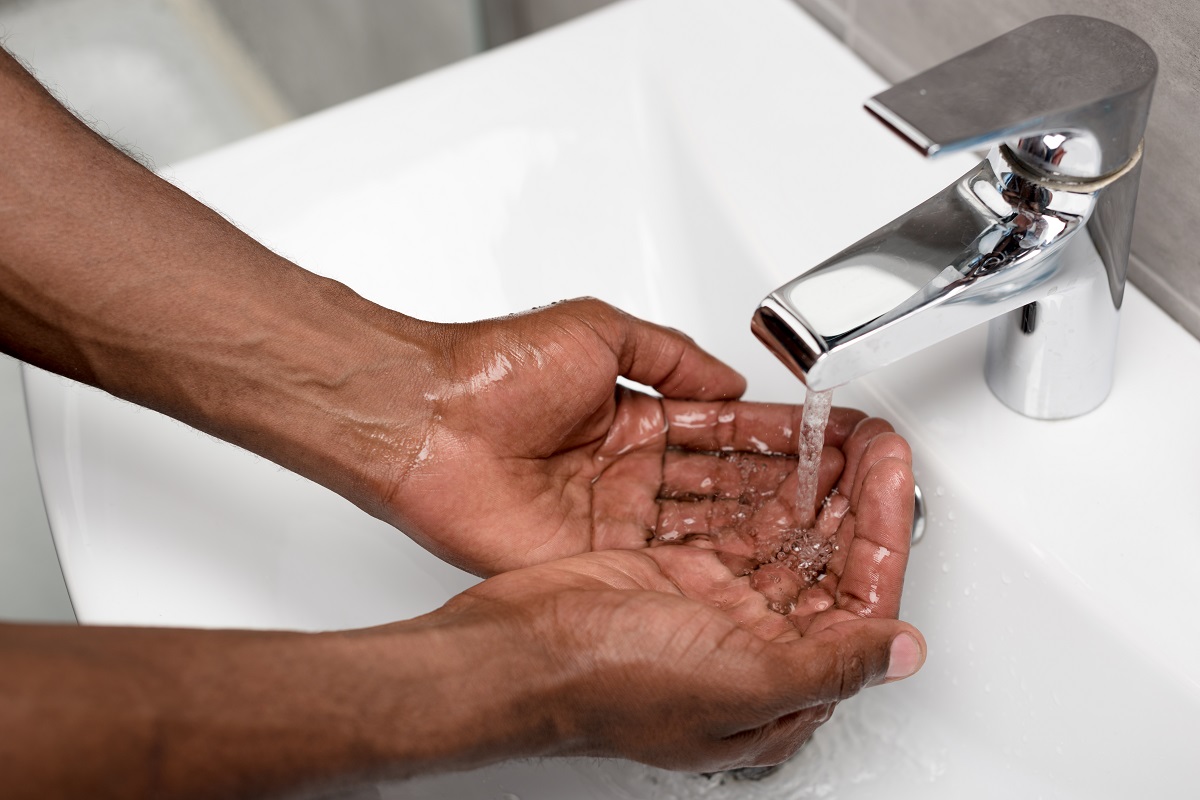
6 Signs You Have Pipe Corrosion at Home
What are signs of pipe corrosion in your plumbing?
- Discolored Water
- Strange Taste and Smell
- Frequent Clogs
- Leaky Pipes
- Temperature Changes
- Poor Water Pressure
Due to many internal and external factors, your pipes will inevitably begin to corrode over time. This corrosion can lead to other problems from increased pressure to burst pipes if the root cause remains undiscovered or uncorrected. Corrosion can even seep into your water supply, leading to serious health complications.
For that reason, knowing the warning signs of pipe corrosion in your home can protect the health of your plumbing system, and even prevent a disaster from happening to your home in the future. Read on to find what to look out for when inspecting your home for corroded pipes.
Discolored Water
One of the unmistakable signs of pipe corrosion is discolored color coming out of your faucets or showerheads. If your water has a slight brown or red tint to it, this color is likely caused by the oxide particles from a corroded steel pipe.
As water passes through a corroded pipe, the pressure can scrape off the oxide buildup, which then mixes into the water. These oxides can cause sickness and irritations via ingestion or skin exposure. The extent of this discoloration can indicate the severity of the corrosion. The darker the color, and the longer the water stays red or brown, the more extreme your corrosion problem is.
Strange Taste and Smell

The oxide particles don’t just discolor the water; they also give off a strange taste or smell when mixed with water. This is because your water will end up taking in too many minerals, causing a strong, unusual taste noticeable to the person drinking it. Your plumbing fixtures may also give off an unpleasant scent, which is caused by the same buildup of minerals.
The strange smell and taste of your water is a possible sign that your steel pipes have become corroded. However, they also might be caused by water contamination, a buildup of cleaning chemicals, or moss and mildew in your pipes. It is important to note what the tastes and smells of your water are when trying to diagnose the problem — if it’s metallic, then it’s probably pipe corrosion.
Frequent Clogs
Pipe corrosion can cause a mineral buildup inside your plumbing system. These minerals will cause the pipes to narrow down and slow down water flows. When this happens, it can even cause a clog in your pipes as the pressure and minerals create a blockage. While your clogs could be caused by other factors, you should check the blocked area for any signs of rust and corrosion to rule them out.
Leaky Pipes

Leaky pipes are another indicator of pipe problems — including corrosion. If you’re experiencing a leak, make sure to have a thorough inspection of your plumbing system. Observe whether your leak is spread out throughout your property, or if there are multiple leaks concentrated in one area.
If the leaks are spread out, they are likely to have been caused by other plumbing issues. However, if your leaks are concentrated in one spot, you could be dealing with a corroded pipe. When suffering from this condition, your pipe is unable to deal with the water pressure and begins to crack and break in small portions over time, causing multiple leaks.
Temperature Changes
If your water seems to go quickly from cold to warm to cold again during your showers, then it could be caused by a corroded pipe. Most homeowners with hot water pipes don’t know that hot water can corrode steel pipes quicker than cold water. This faster rate of corrosion is due to the higher temperatures adding energy to the electrochemical reactions between water and metal.
This corrosion can eat away at anti-scald mechanisms in sinks and showers, damaging the valves and your water fixtures. Without this protective coating, the water temperature will fluctuate.
Poor Water Pressure

Another common sign of corroded steel pipes is poor water pressure. Even when you fully open your faucets or showers, you might find that your water pressure remains very weak. This could be caused by-products of corrosion. As previously mentioned, this complication can cause the narrowing of pipes via oxide debris. As these minerals become stuck in the pipes, the flow of water will become obstructed.
Key Takeaway
If you find that your plumbing is exhibiting signs of pipe corrosion, chances are that you will find parts of your system that are damaged and in need of replacement. If this happens to you, make sure to contact professionals who can help you solve your plumbing issues.
A trusted manufacturer like Supreme Pipe can provide you with high-quality pipe replacements that will last your home for years. Click here to see our product catalog!


